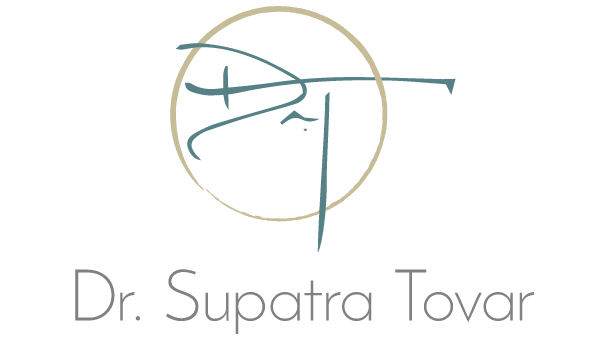 Check out this week’s post on ANEW Insight, where we take a step back in time to explore the history of diet culture. Understanding the origins and evolution of diet culture helps us comprehend its deep-rooted impact on our lives today.
Check out this week’s post on ANEW Insight, where we take a step back in time to explore the history of diet culture. Understanding the origins and evolution of diet culture helps us comprehend its deep-rooted impact on our lives today.
The Early Days
Dieting was not always the norm. Before the 1900s, “plumpness” was seen as an indication of wealth in both Europe and America. Poor people were usually very thin due to the physical demands of labor and the lack of affordable food. On the other side of the social spectrum, wealthy people enjoyed higher-calorie meals and more sedentary lifestyles. And although those meals usually had higher levels of fat, they were overall more nutritious than the foods available to the poorer members of society. This led to the belief that being overweight led to a greater immunity against the diseases that ravaged society at the time.
The Turn of the 20th Century
Fast forward to the early 1900s, diet culture began to take a more recognizable shape. This era saw the rise of the calorie as a measure of energy in food and the introduction of weighing scales. The concept of counting calories and monitoring weight became popular.
The Mid-20th Century
The mid-1900s marked a significant shift. Post World War II prosperity led to an abundance of food in Western societies, and with it, weight gain. The response was a surge in diet programs, weight loss products, and an emerging focus on thinness as an ideal.
The Late 20th Century to Today
In recent decades, diet culture has exploded into a multi-billion dollar industry. It’s driven by relentless marketing and reinforced by media portraying thinness as synonymous with health, success, and beauty. Fad diets, weight loss supplements, and cosmetic surgeries have become increasingly prevalent.
The Impact
While the intention initially might have been health-oriented, today’s diet culture often leads to harmful behaviors, negative body image, and a distorted relationship with food. It has become more about appearance than health.
Moving Forward
Understanding this history is crucial as we work towards a healthier, more balanced approach to wellness. It’s important to recognize that our current understanding of diet culture is shaped by centuries of evolution, and challenging it requires both individual and collective effort.
Call to Action
If you’re looking to break free from the constraints of diet culture and explore a more balanced approach to health, consider enrolling in our online course, Deprogram Diet Culture, at anew-insight.com. Together, we can unlearn these deep-seated beliefs and embark on a journey toward true health and wellness.
Stay tuned for our next blog post where we will explore how media fuels diet culture. Join us as we uncover the forces that shape our perceptions and beliefs about health and body image.

Recent Comments